Eye Care
Our Vision, is yours
An integral part of your new glasses, your lenses should suit your lifestyle too. The options are endless- single-vision, bifocal, varifocal, occupational varifocal and photochromic available in a wide range of materials and lens coatings.
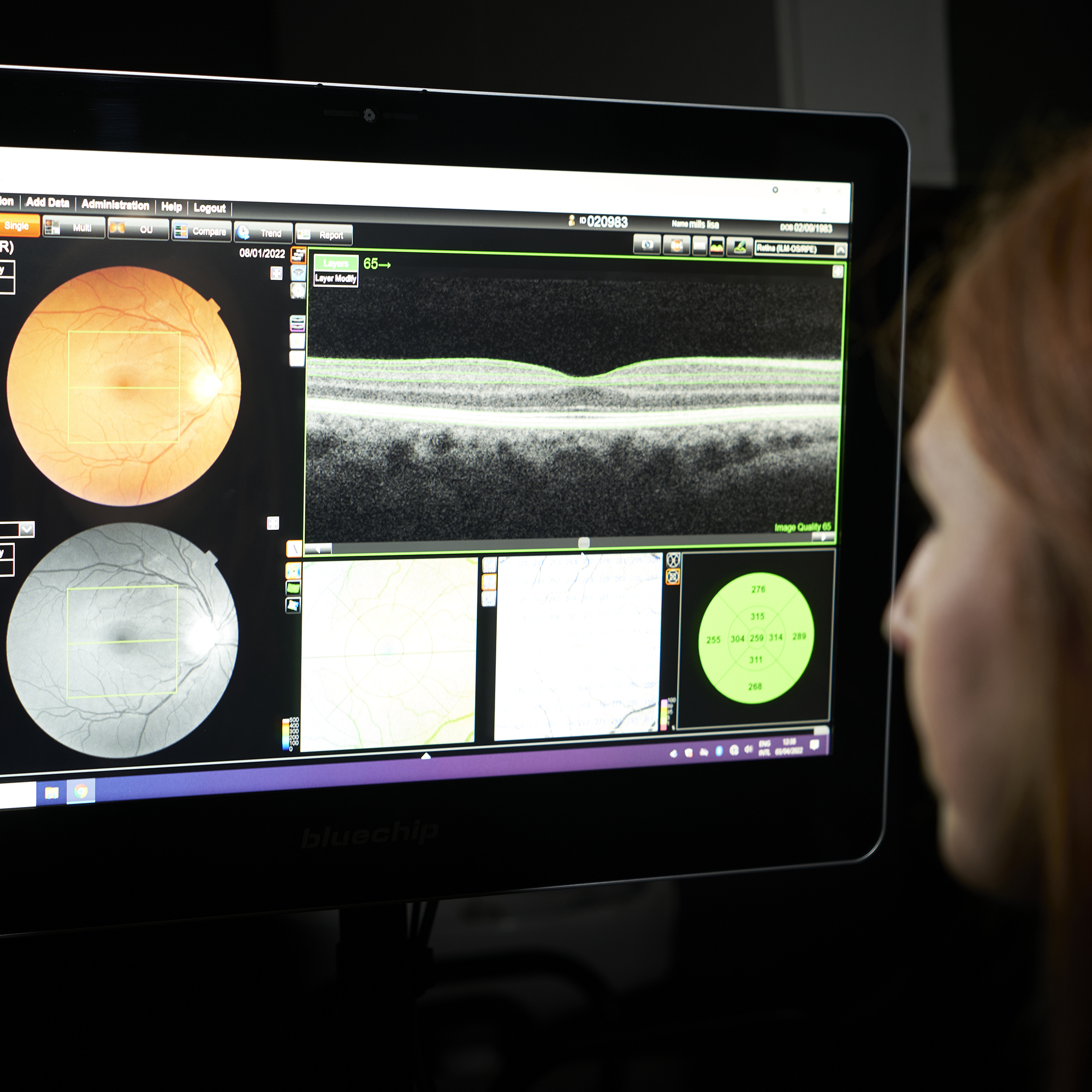
Eye Tests
Using the latest optical technology, we carry out full forty-minute eye examinations, to assess your vision and screen for eye conditions such as Glaucoma, Cataract and Age-Related Macular Degeneration.
All parts of the eye examination, screening and frame selection will be carried out by one of our qualified Optometrists.
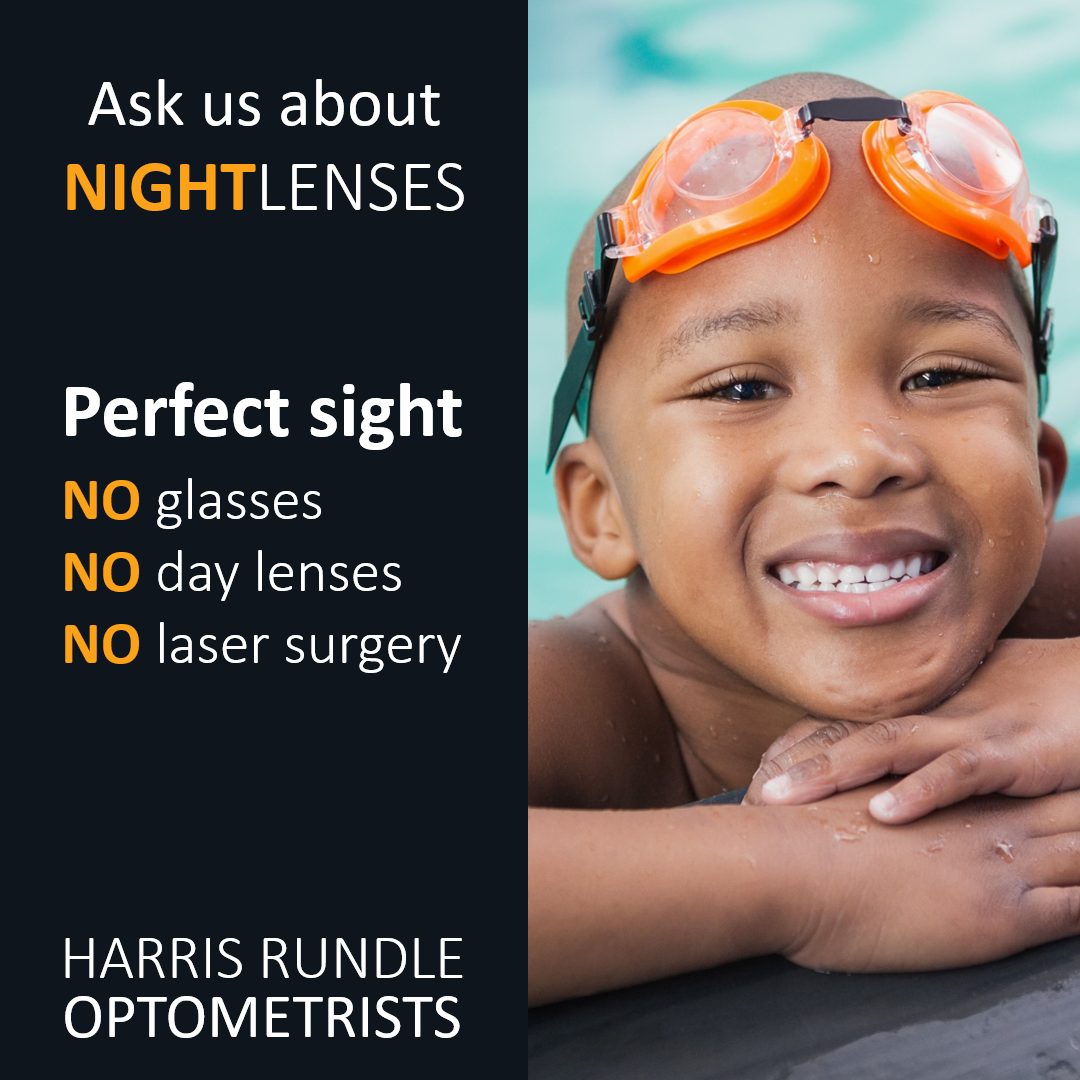
Kids
We are able to perform an eye examination on a child technically from birth if there is a concern, but more commonly from approximately 3 years old. We use age-appropriate methods to test your child’s vision, and examine the health of their eyes. Kids eye examinations are FREE through the NHS, and if your child requires glasses they will receive an NHS contribution which usually covers the cost of the lenses.
We have a large range of free frames by Lazer Junior, but if you wish to spend a little more, check out our RayBan junior range. We also hold a range of kids sunglasses, available with or without prescription.

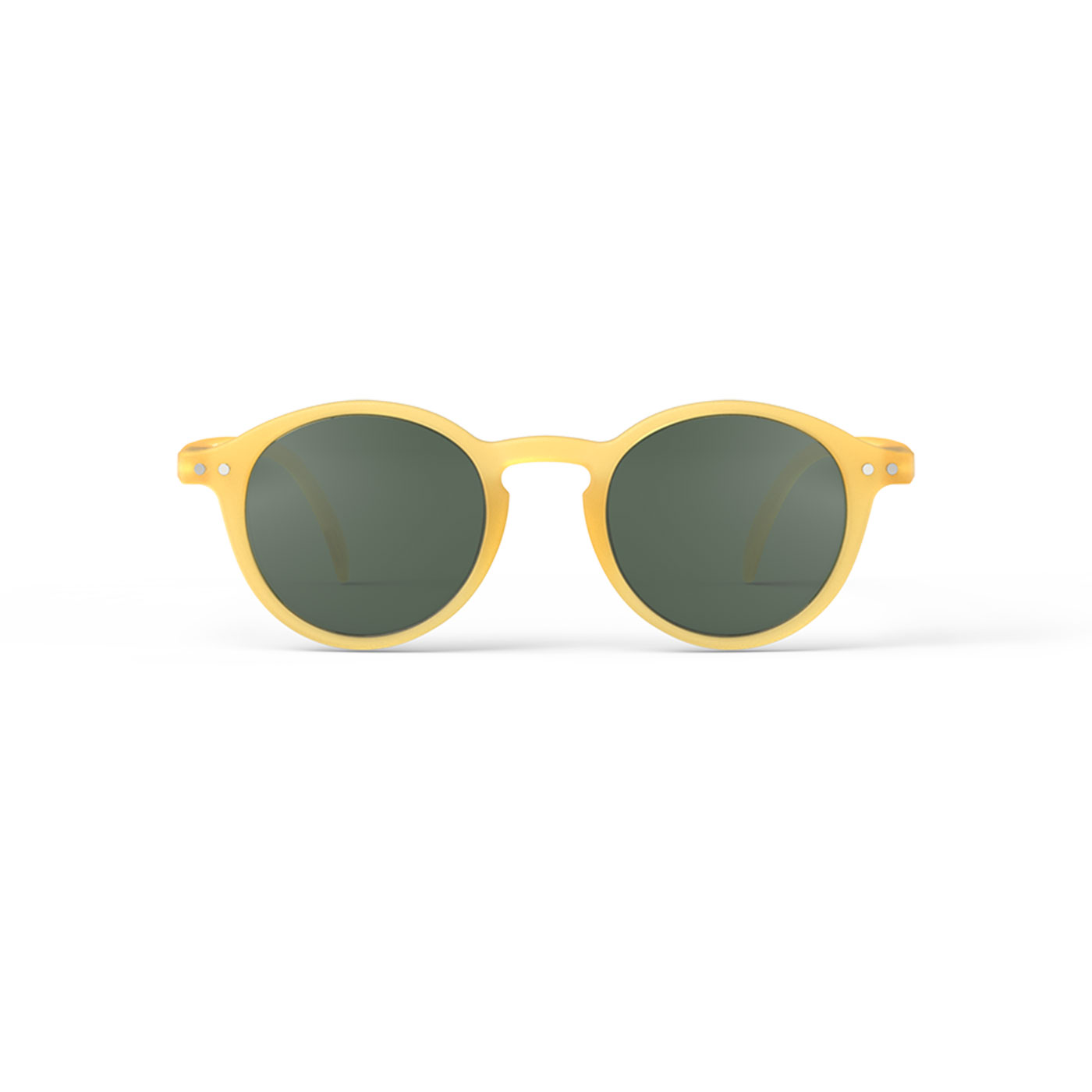
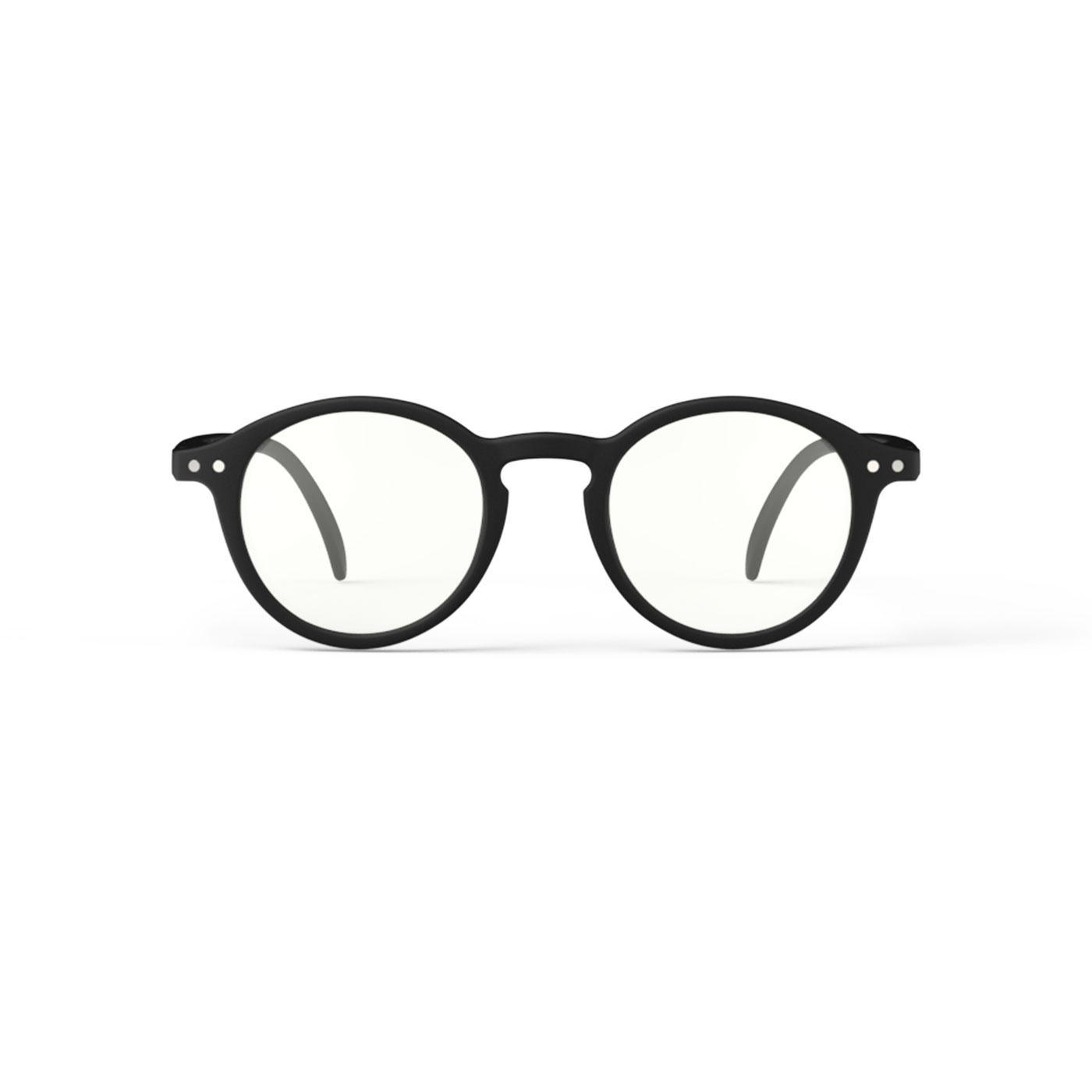

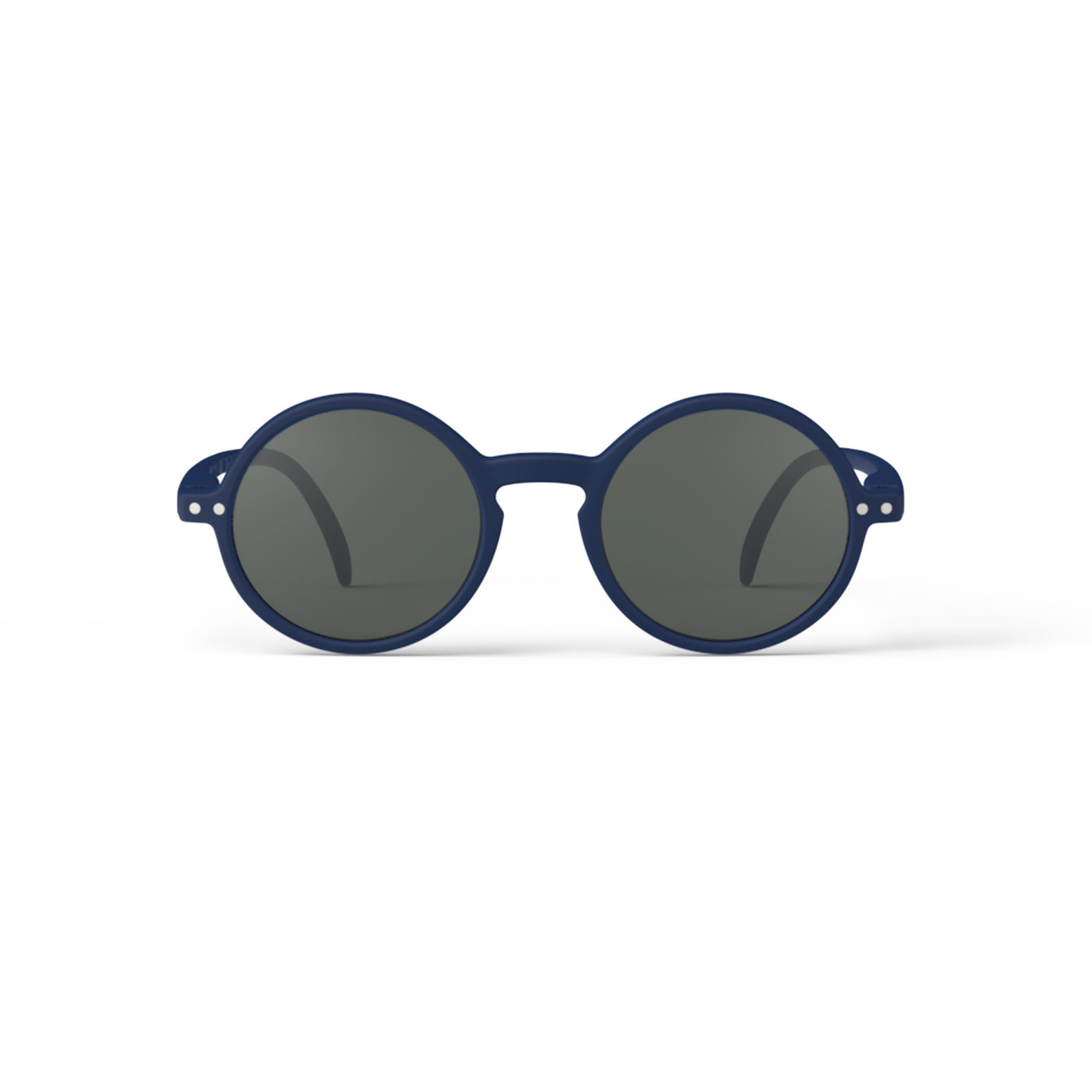

Myopia control
A hot topic in optics currently, Myopia control uses incredible new products- spectacle lens design Miyosmart and Nocturnal (ortho-K) contact lenses to help reduce the progression of Myopia (short-sightedness) in children and teens.
We fit both of these products in the practice and the results are very impressive.
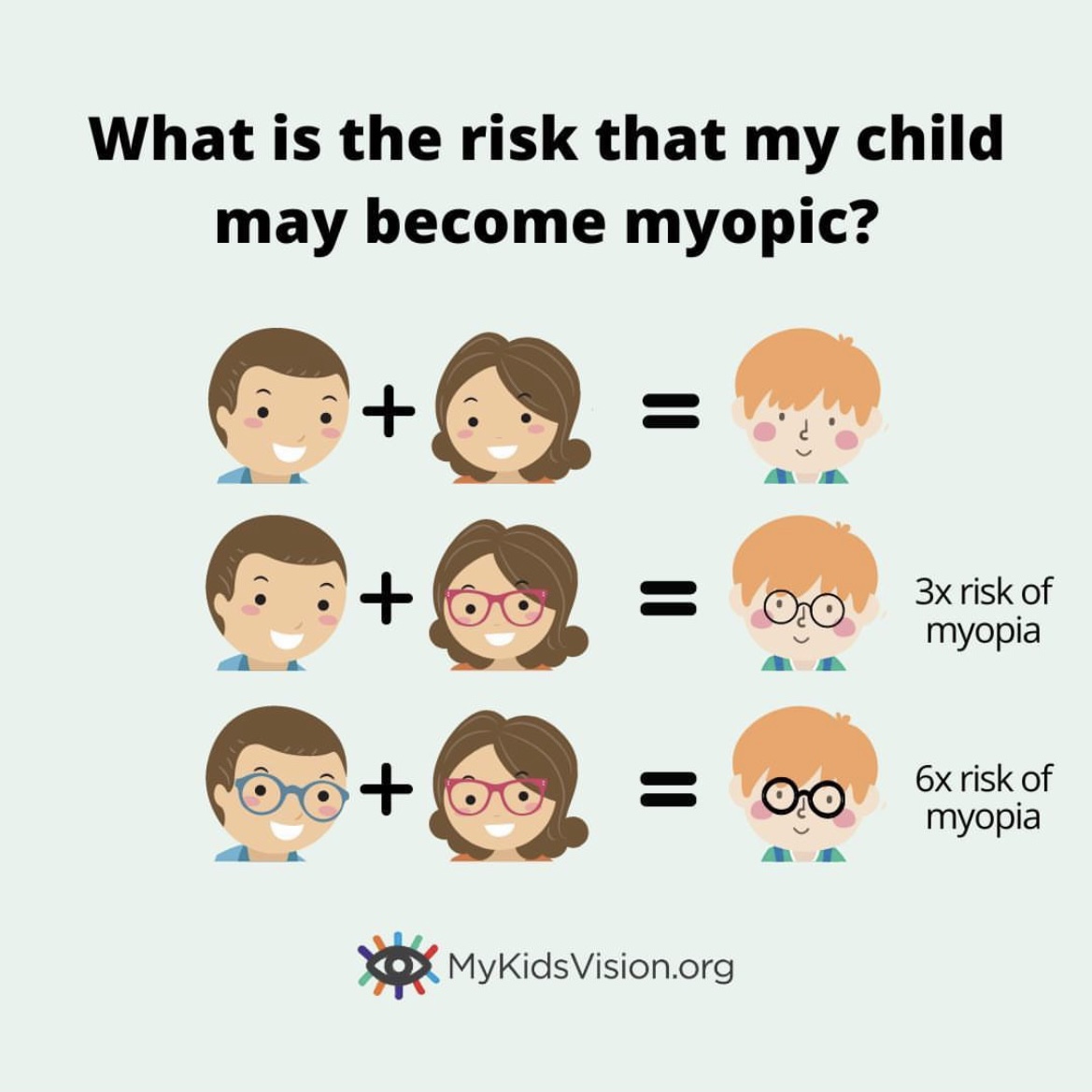
EYES CAN BE COMPLICATED, NEED SOME ADVICE?
Frequently asked questions
It is generally recommended to have your eyes tested, or undergo a comprehensive eye examination, at least once every two years. However, the frequency of eye tests may vary depending on your age, overall eye health, and any specific eye conditions or risk factors you may have.
An eye test, also known as a comprehensive eye examination or eye check-up, is important for several reasons:
- Vision Assessment: One of the primary purposes of an eye test is to assess your visual acuity, or how well you can see. It helps determine if you need corrective lenses, such as glasses or contact lenses, to improve your vision. Regular eye tests ensure that your prescription is up to date, allowing you to see clearly and comfortably.
- Eye Health Evaluation: An eye examination goes beyond checking your vision. It also involves a thorough evaluation of your eye health. Eye doctors can detect and monitor various eye conditions and diseases, such as glaucoma, cataracts, macular degeneration, diabetic retinopathy, and many others. Detecting these conditions early allows for timely treatment, which can help prevent further vision loss or complications.
- Early Detection of Systemic Health Issues: The eyes can provide valuable insights into your overall health. During an eye test, an eye care professional may identify signs or symptoms of systemic health conditions that may not have been previously diagnosed. Conditions like diabetes, high blood pressure, autoimmune disorders, and certain types of cancer can often be detected through changes in the eyes. Early detection and management of these conditions can lead to better overall health outcomes.
- Children's Vision: Regular eye tests are particularly important for children. Early identification of vision problems in children is crucial because it can affect their learning and development. Children may not always be able to articulate vision issues, so regular eye exams help catch any potential problems and ensure their visual health is optimised.
- Prescription Updates: If you already wear glasses or contact lenses, an eye test is necessary to determine if your prescription needs to be updated. Vision changes can occur gradually over time, and an outdated prescription can lead to eye strain, headaches, and reduced visual comfort.
In Northern Ireland, NHS-funded eye examinations are available to certain groups of people who meet specific criteria. The following individuals are generally entitled to free NHS eye tests:
- Children: All children under the age of 16 are eligible for free NHS eye examinations in Northern Ireland. This includes infants and young children.
- Young Adults: Individuals aged 16, 17, or 18 who are in full-time education are also entitled to free NHS eye tests.
- Adults aged 60 and over: Individuals aged 60 and above are eligible for free NHS eye examinations in Northern Ireland.
- Individuals with specific medical conditions: People with certain medical conditions, such as diabetes or glaucoma, may be entitled to free NHS eye tests. The specific conditions covered may vary, so it's best to consult with your optometrist or healthcare provider to determine if you qualify.
Additionally, individuals who receive certain benefits, such as Income Support, Income-based Jobseeker's Allowance, or Pension Credit Guarantee Credit, may also be eligible for free NHS eye tests.
It's important to note that while the eye examination may be free under these circumstances, any additional services or treatments, such as glasses or contact lenses, may incur separate charges.
The replacement schedule for disposable contact lenses can vary depending on the type of lenses you are wearing. There are different categories of disposable contact lenses, including daily disposable, biweekly disposable, and monthly disposable lenses. Here's a general guideline for each type:
- Daily Disposable Lenses: These lenses are designed to be worn for a single day and then discarded. They do not require cleaning or storage. Each day, you start with a fresh pair of lenses. Daily disposable lenses are convenient and provide excellent hygiene since there is no need for cleaning or disinfecting. They are ideal for occasional or part-time wearers.
- Biweekly Disposable Lenses: Biweekly disposable lenses are designed to be replaced every two weeks (every 14 days). These lenses require proper cleaning and disinfection after each use. They are typically removed and stored in a lens case overnight. It is important to follow the specific cleaning and storage instructions provided by your eye care professional and the lens manufacturer.
- Monthly Disposable Lenses: Monthly disposable lenses are designed to be replaced approximately every month (every 30 days). Like biweekly lenses, they require regular cleaning and disinfection after each use. They are stored in a lens case overnight. Again, it is important to follow the cleaning and storage instructions provided by your eye care professional and the lens manufacturer.
Regularly replacing your lenses ensures optimal lens performance, maintains good eye health, and provides maximum comfort.
In Northern Ireland, it is recommended that children have their first eye examination at the age of around three to four years old, or earlier if there are any concerns about their vision or eye health. This initial eye examination is typically performed by an optometrist or an ophthalmic medical practitioner.
However, it's important to note that infants and young children may undergo basic eye screenings during routine check-ups with paediatricians or health visitors. These screenings help identify any obvious vision problems or eye abnormalities. If any concerns are raised during these screenings, the child may be referred for a more comprehensive eye examination.
The purpose of the first eye examination is to assess the child's visual development, detect any potential vision issues, and ensure their eyes are healthy. The optometrist or eye care professional will evaluate the child's vision, eye alignment, eye movement, and general eye health. They may use child-friendly techniques and specialised equipment to examine the child's eyes.
Following the initial eye examination, it is generally recommended for children to have regular eye tests every one to two years, depending on their individual circumstances. Regular eye exams are essential for monitoring their vision development and detecting any changes or issues as they grow.
If you have specific concerns about your child's vision or eye health, it is advisable to consult with an optometrist or eye care professional who can provide appropriate guidance and schedule an examination if necessary.
Recognising the signs of poor eyesight in children can help identify potential vision problems early on. Here are some common signs that may indicate a child has poor eyesight:
- Squinting: If a child frequently squints or closes one eye to see objects better, it may indicate a vision issue.
- Holding objects too close: Children with poor eyesight may hold books, toys, or screens unusually close to their face in an attempt to see them clearly.
- Frequent eye rubbing: Excessive eye rubbing can be a sign of eye strain or fatigue caused by vision difficulties.
- Excessive tearing or watery eyes: If a child's eyes are constantly tearing up or excessively watery, it could be a sign of an underlying eye problem.
- Avoiding near or distant activities: Children with poor eyesight may avoid activities that require clear vision, such as reading or participating in sports.
- Difficulty focusing or maintaining attention: Poor eyesight can make it challenging for children to focus on objects or maintain attention, which can affect their ability to learn and concentrate.
- Complaints of headaches or eye discomfort: Children may complain of frequent headaches, eye strain, or discomfort when trying to see clearly.
- Squinting or tilting the head: If a child frequently tilts their head or covers one eye to see better, it may indicate a vision issue.
- Inconsistent school performance: Poor eyesight can impact a child's ability to read, write, and participate in classroom activities. This may result in inconsistent academic performance or a decline in school work.
- Lack of interest in visually stimulating activities: Children with poor eyesight may show disinterest or reluctance in activities that require visual focus or coordination, such as puzzles or drawing.
It's important to note that these signs can vary from child to child, and some children may not display any obvious symptoms. Regular eye examinations, even in the absence of apparent signs, are crucial for early detection and treatment of vision problems in children.
You can book online, call us directly or email info@harrisrundle.co.uk . Our online booking facility is convenient and easy to use. SImply click on ‘Book Now’ at the top right of this website and follow the on screen instructions
Monday 9 am–5 pm
Tuesday 9 am–5 pm
Wednesday 9 am–5 pm
Thursday 9 am–5 pm
Friday 9 am–5 pm
Saturday Closed
Sunday Closed
Schedule with Lucy
Our eye examinations last 40 minutes, to allow us to assess your vision and examine the health of your eyes using the latest technology.
